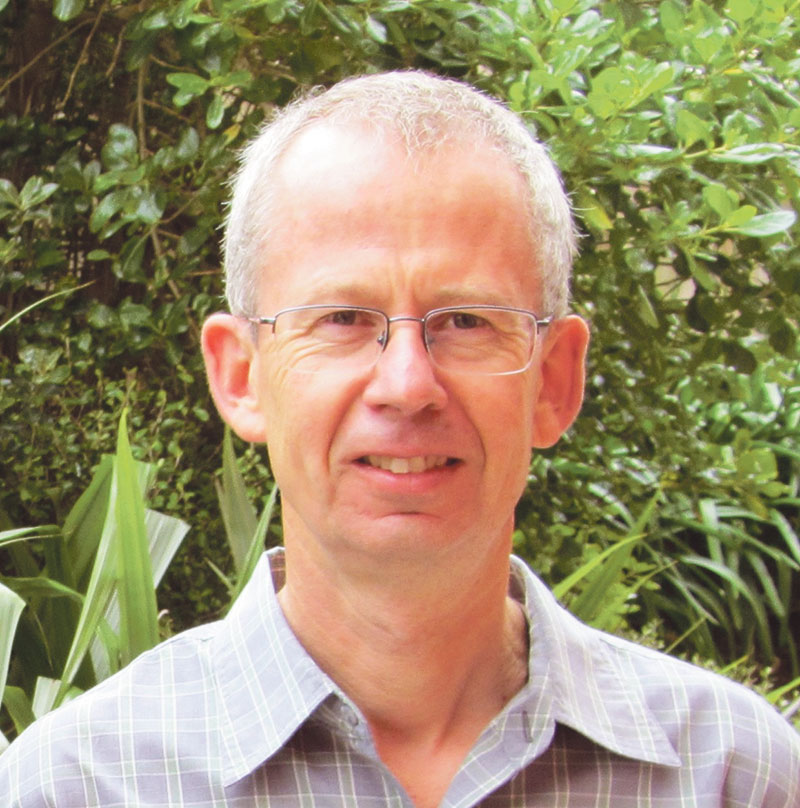WelCom December 2019

Dr John Kleinsman, Director of the NZ Catholic Bioethics Centre
The End of Life Choice Bill passed its 3rd reading in Parliament on Wednesday 13 November, 2019, by a majority of 69 votes to 51. It is arguably one of the most significant pieces of social policy to have been debated for many years. As per an amendment introduced by the New Zealand First Party, it cannot become law until a majority of the New Zealand public give their assent by way of a referendum that will be held at next year’s general election.
This means the decision now rests with the general public, many of whom, worryingly, fail to understand what the law will allow. In a Curia Market Research poll conducted just before the 3rd reading, 85 per cent of those polled who strongly supported ‘assisted dying’, as it is euphemistically labelled, thought it included turning off life support and 79 per cent thought it included ‘do not resuscitate’ requests; yet both of these practices are already legal.
The quality of the speeches at the 3rd reading varied greatly, with key Members of Parliament in favour, lauding the bill’s safeguards and its narrowness while other MPs who were opposed spoke of the bill’s lack of effective safeguards and its broad scope. Having listened to all the speeches, I am left wondering how MPs from the same Parliament can express such contradictory views. I can only conclude that many of them have failed to properly engage with the strong evidence presented by multiple experts – lawyers, doctors and others – over the past two years; evidence that is readily available.
A good summary of the problems with the bill was offered by Religious Leaders of New Zealand who wrote an open letter to all MPs in the week leading up to the Bill’s final vote:
- it is much more radical and broader than other regimes overseas, including Victoria, Australia;
- patients overseas are choosing euthanasia or assisted suicide because of failures in the health system to provide equitable access to quality end-of life care, something that is a real issue in New Zealand;
- there is mounting evidence that suicide rates rise as the rates of euthanasia use increase; and
- in places such as Oregon, people choose assisted suicide for social reasons such as fear of being a burden and social isolation, not because of pain.
When balancing the rights to self-determination and choice against the common good ‒ which is what, as Catholics, we are called to do ‒ it is clear to me that, for the reasons listed above and more, this Bill is, on balance, far too risky. My hope is that New Zealander’s will take the time to become properly informed about the Bill, something which requires us all realise there is much more at stake than the right of individuals to choose for themselves.
The New Zealand Religious Leaders’ letter is on the NZ Catholic Bishops’ website at: www.catholic.org.nz/assets/Uploads/Religious-Leaders-Letter-to-MPs-6-Nov-2019.pdf